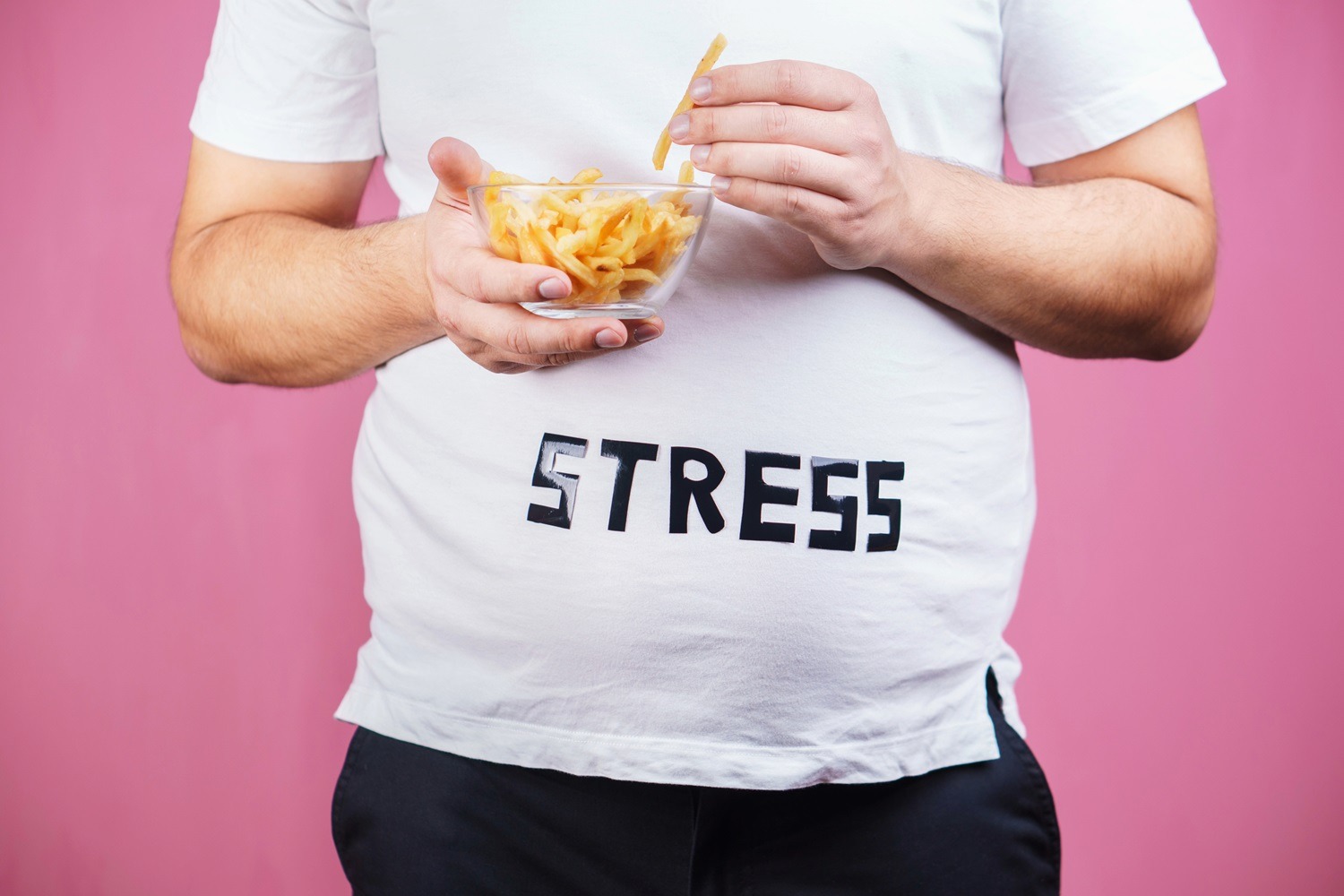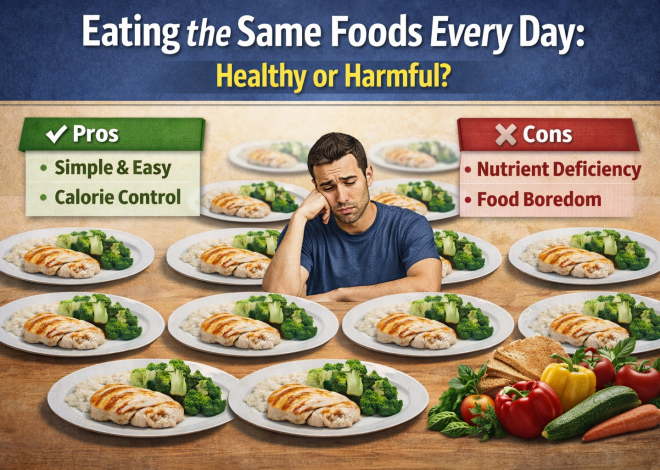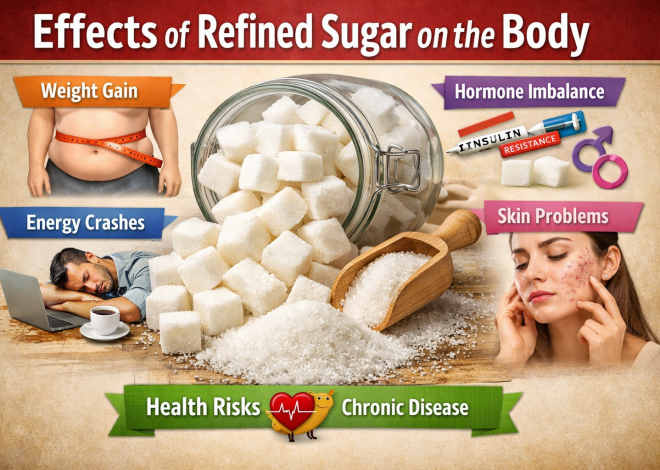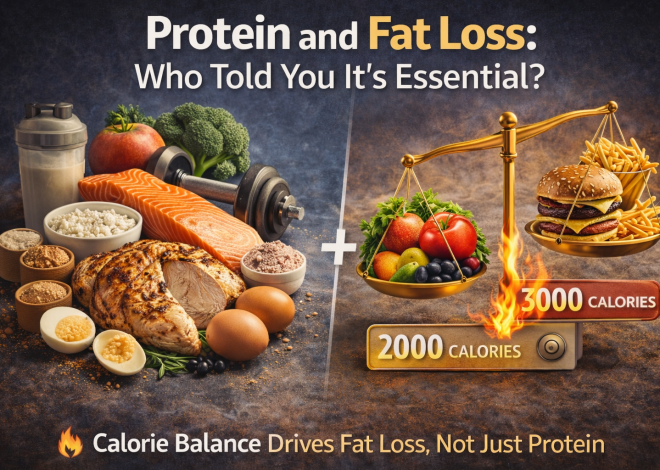
Stress and Its Impact on Eating Habits
Do you find yourself craving junk food when you’re stressed? Or, on the other hand, do you lose your appetite completely? Stress can significantly impact your eating habits, often leading to unhealthy choices that affect both physical and mental well-being.
But why does this happen, and more importantly, how can you take control of your diet during challenging times? Let’s find out!
How Stress Influences Your Eating Patterns
When you’re under pressure, your body releases cortisol, the “stress hormone.” As a result, this can trigger two major responses when it comes to eating:
1. Emotional Eating and Increased Food Cravings
🍔 Many people turn to comfort foods—sugary, salty, or fatty snacks—to feel better.
🍩 Since cortisol increases appetite during stress, it makes you crave high-calorie foods.
✔️ Consequently, emotional eating often leads to weight gain and low energy levels.
2. Appetite Loss and Unintentional Weight Changes
✔️ In contrast, some people experience the opposite effect—losing their appetite and skipping meals.
🔴 Additionally, high cortisol levels can cause digestive discomfort, making eating feel unpleasant and stressful.
✔️ Over time, nutrient deficiencies and low energy can weaken the immune system.
Why Do You Crave Junk Food During High-Pressure Moments?
When you’re feeling overwhelmed, your brain seeks quick sources of pleasure, and junk food provides a temporary dopamine boost. Unfortunately, stress often makes you crave junk food, which is only a short-term fix that often leads to:
⚠️ Blood sugar crashes and mood swings
⚠️ Increased cravings and overeating
❌ Fatigue and sluggishness
How to Regain Control of Your Eating Habits
The good news is that you can make healthier choices, even during stressful situations! Here’s how:
1. Choose Foods That Naturally Support Well-Being
Instead of reaching for chips or chocolate, opt for foods that help your body stay balanced:
🍫 Dark chocolate – Boosts mood without excessive sugar.
🥥 Nuts and seeds – Rich in magnesium, which supports relaxation.
✅ Oats and whole grains – Keep blood sugar stable and improve mood.
🍃 Leafy greens – Packed with vitamins that support brain function.
🐠 Fatty fish (salmon, tuna) – High in omega-3s, which reduce anxiety caused by stress.
2. Practice Mindful Eating for Better Control
🍽️ Slow down and focus on your meals—avoid eating in front of screens.
✔️ Recognize emotional hunger vs. physical hunger—are you eating out of habit or true hunger?
🍎 Keep healthy snacks nearby to avoid impulsive junk food choices, even when stress levels are high.
3. Find Alternative Ways to Manage Daily Challenges
Instead of relying on food, try these healthy coping mechanisms:
🤸♂️ Exercise – Even a short walk reduces cortisol levels.
🧘 Deep breathing or meditation – Helps calm your mind and body, reducing stress.
🎶 Listening to music or journaling – Supports emotional processing in a positive way.
4. Stay Hydrated and Reduce Stimulants
✔️ Dehydration can mimic hunger, leading to unnecessary snacking.
✔️ In addition, too much caffeine increases anxiety, making cravings worse during stress.
Final Thoughts: Small Changes Make a Big Difference
Difficult situations can influence your eating habits, but you don’t have to let them take control. Instead, by making small but intentional choices—like eating nutrient-dense foods, practicing mindful eating, and using non-food stress relievers—you can support both your physical and mental health.
So, next time you’re under pressure, will you reach for junk food or make a smarter choice? The decision is yours!



